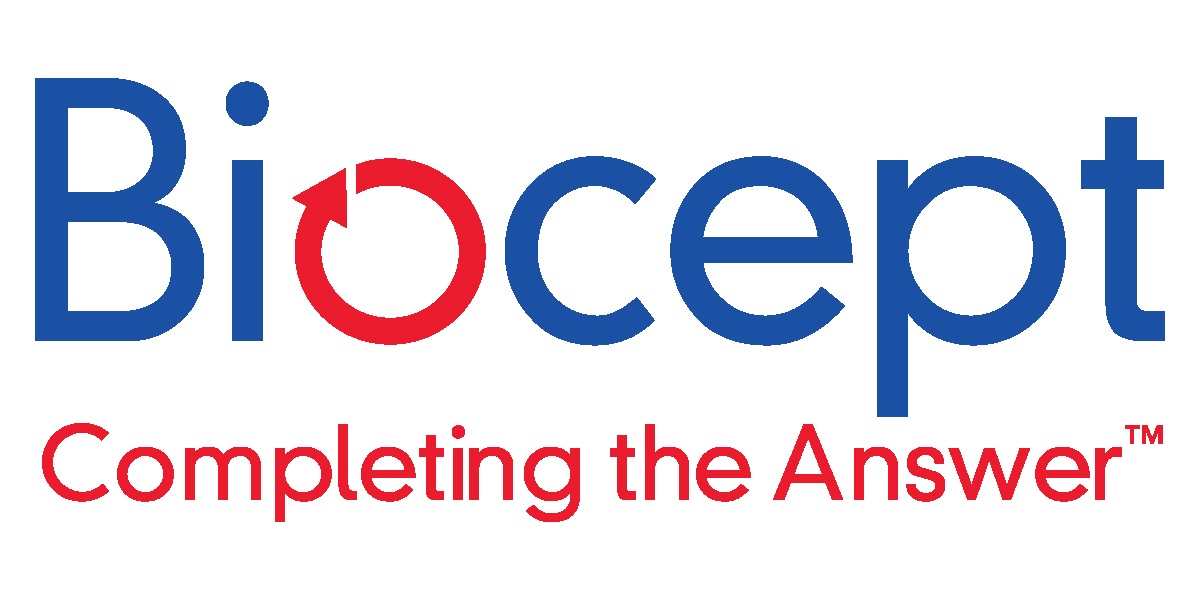
Biocept, Inc. Pioneers Revolutionary Diagnostics Aimed at Personalized Cancer Management
We noted earlier this week that San Diego?based Biocept, which is developing advanced cancer diagnostics technology, had recently raised $2.3 million from its investors. That news reminded me of a fascinating meeting I had in June with Biocept CEO Stephen Coutts, a 30?year veteran of San Diego’s biotech community.
In one of the cooler demonstrations I’ve seen, Coutts showed me how Biocept’s proprietary “cell enrichment and extraction” technology acts like a highly efficient filter that snags tumor cells circulating in the blood. The system uses a micro?electromechanical system and other precision instruments to funnel a blood sample through the filter, which we viewed through a high?powered microscope. Normal blood cells flow easily through, but cancer cells are captured.
Biocept is aiming its diagnostics technology at four of the most common types of solid tumors: prostate, breast, colorectal, and non?small cell lung cancers. Coutts explained that the cells on the surface of these and other tumors can break loose and enter the bloodstream, where they become the dreaded circulating tumor cells that enable such cancers to metastasize.
Biocept says its system is sensitive enough to consistently capture and quantify extremely rare tumor cells that might comprise only one in 5?to?10 billion cells in a blood sample. Being able to count the cancer cells is important, Coutts said, because “the more [circulating tumor cells] you find, the worse the prognosis” for patients with these tumors.
the extremely rare tumor cells can actually be collected from the filter for genetic analysis. That’s something that existing tumor?cell counting technologies can’t do yet, according to Coutts.
Luke reminds me that researchers who really dig into this technology are also going to ask hard questions about whether some of the microtumors are really correlated with more suffering and shorter lifespan for patients, or whether they are actually a false alarm. Answering questions like that will take time and money.
Still, there is a renewed push going on in academia to find ways to detect cancer accurately, and at earlier stages. The ability to genetically analyze a patient’s cancer cells—so that oncologists can determine the optimum course of treatment—is considered one of the defininghallmarks of personalized medicine, Coutts said. “With all these solid tumors, we’re going to see tremendous use of biomarkers to determine the right course of treatment,” he added. In a patient with breast cancer, for example, Coutts said genetic analysis of the circulating tumor cells can help determine which patients will respond to drugs like Genentech’s trastuzumab (Herceptin).
“We’re planning to launch our first test for breast cancer this fall,” Coutts said by telephone earlier this week, in an update on Biocept’s progress. “We’re going to follow up in the first quarter of 2011 with the launch of other tests for non?small cell lung cancer and colo?rectal cancer,” he added.
All of the capital that Biocept has raised so far has come from individual investors, including the $2.3 million it collected earlier this month. Coutts declined to say how much capital Biocept has raised altogether, but the company now has about 55 full?time employees and was founded in 1997—which makes Biocept’s continuing existence something of a testament to the patience and determination of its investors.
A Korean?American biomedical engineer, Soon Kap Hahn, founded Biocept here with support from Bob Reiss, a legendary San Diego entrepreneur and biomedical engineer. Coutts told me the concept in the beginning was to develop microarray technology with an initial focus on pre? natal diagnostics—based on fetal cells that can be found in blood sample taken from the pregnant mother.
“Biocept had a strong engineering corps focused on asset arrays, so it was like Affymetrix,” Coutts said, referring to the DNA microarrays pioneer that was founded in Santa Clara, CA three years before Biocept. “But after six or seven years with no commercial success,” Reiss brought in a new CEO who refocused the company on microfluidics, according to Coutts. Reiss was diagnosed with renal cancer in January 2005, though, and died four months later, at 66. His widow, Claire K.T. Reiss, became the chairwoman of Biocept’s board.
Coutts, who was named as Biocept’s CEO in 2008, told me he had just lost a daughter to cancer, and he convinced the board that cancer diagnostics was the best use of Biocept’s technology. After spending 30 years working in San Diego’s pharmaceutical and biotech community, including stints at Cypress Bioscience, Triad Therapeutics, and La Jolla Pharmaceutical—Coutts says he is determined to bring the technology to market
